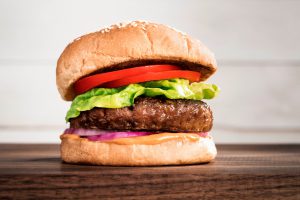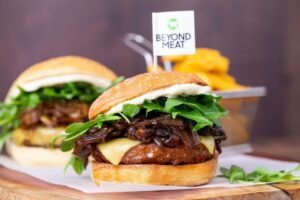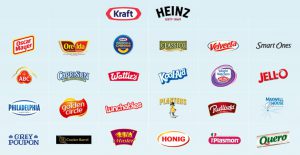In recent years, the alternatives to conventional cows’ milk have proliferated. The local grocery store is likely to offer any number of plant-based options: milks made from soy, almonds, oats, rice, hemp, coconuts, cashews, pea plants and more.
But most nondairy milks pale in comparison to cows’ milk. Plant-based milks are made by breaking down plants and reconstituting their proteins in water to resemble the fluid from a lactating bovine. These proteins differ fundamentally from true dairy proteins, and the results — milks, cheeses and yogurts in name only — often fail to measure up in color, taste or texture. Inja Radman, a molecular biologist and a founder of New Culture, a food company, put it plainly.
“Vegan cheese is just terrible,” she said. “As scientists, we know why it doesn’t work. It doesn’t have the crucial dairy proteins.”
Their process is loosely comparable to the way Impossible Foods or Beyond Meat makes meatless burgers. Microbes, such as yeast, are given the genetic instructions to produce the dairy proteins. The microbes are then cultivated en masse, with nutrients added and the temperature adjusted. Eventually the organisms start churning out large quantities of the proteins, and these are isolated and added to various recipes.
For the Impossible Burger, the essential protein is a molecule called heme, which is abundant in animal muscles and gives the burger its meaty flavor, and even makes it appear to bleed. New Culture is focusing on producing casein, a protein that coagulates to give mozzarella cheese its stretchy texture.





